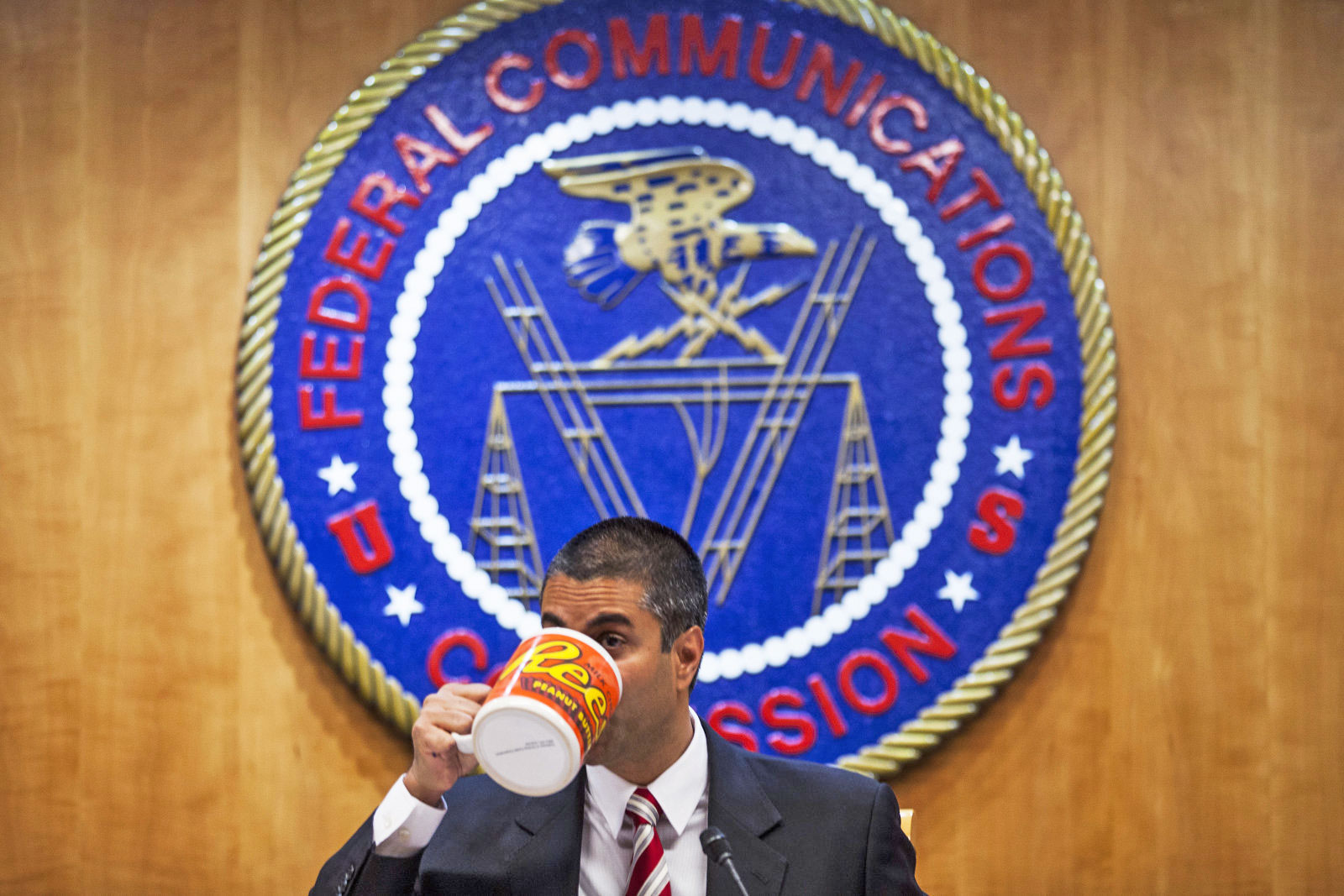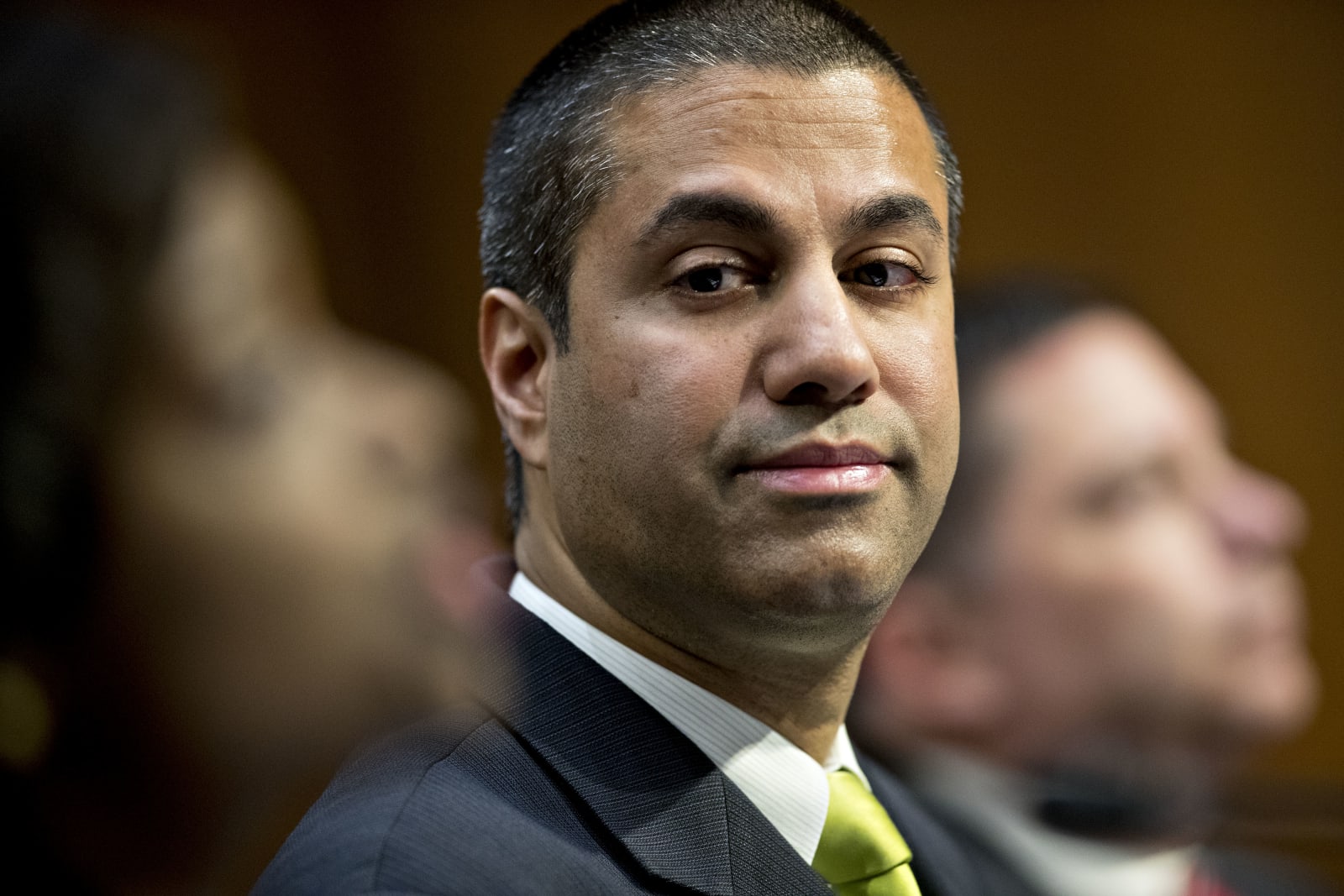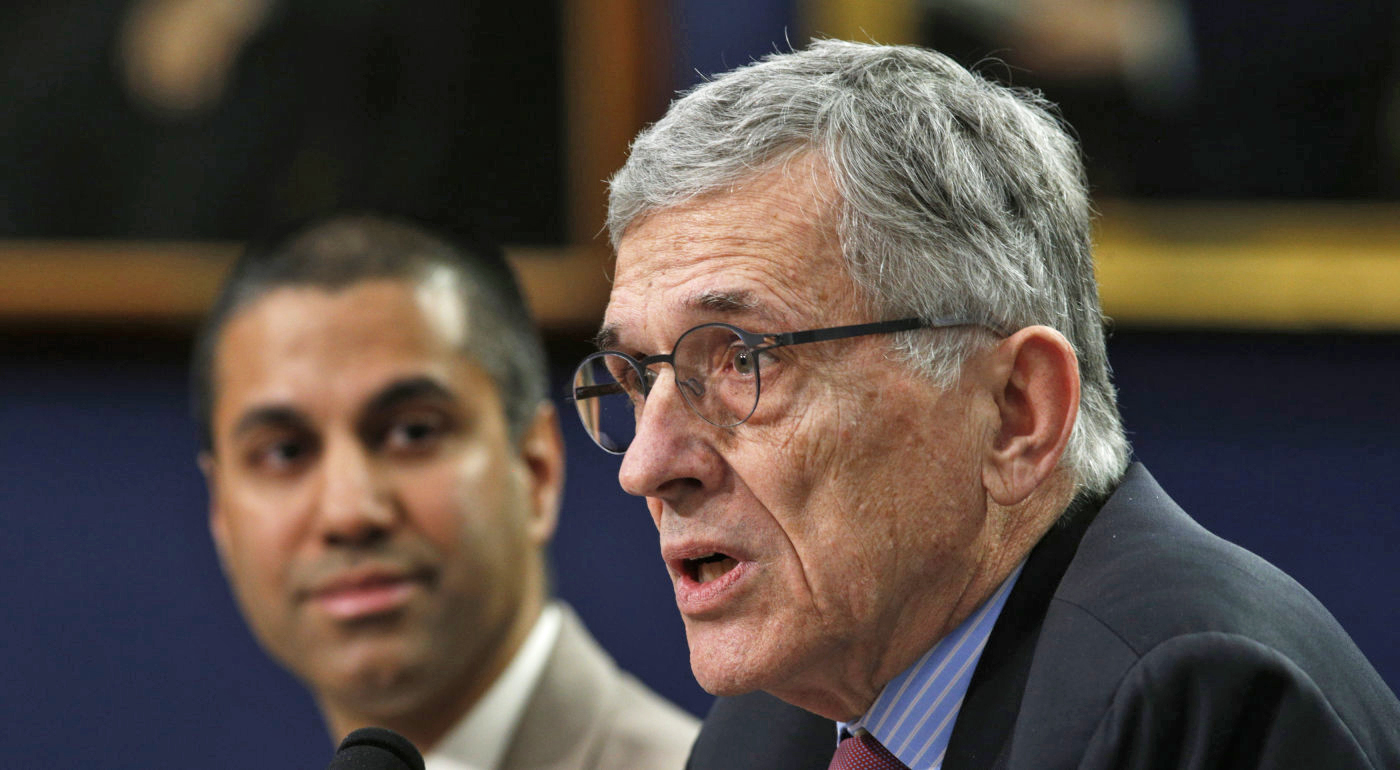
The FCC took significant steps to cut the waste from its Lifeline phone subsidy program at the start of last year. However, it might not have gone far enough, if an FCC review of the program prompted by the Wall Street Journal is an indicator. Among the top five providers receiving money for telecom service to the poor in 2012, 41 percent of their customers either couldn't or didn't prove they were eligible. The lack of answers leaves a real possibility that some of the $2.2 billion spent on Lifeline in 2012 might have gone to those who didn't need it. In response, the FCC is keen to claim that its reforms may have saved $214 million last year, but it isn't happy that there may still have been money going down the tubes -- it's investigating the accusations and could levy fines of up to $1.5 million per violation. While only Verizon has gone on the record and says it's been dropping customers who wouldn't prove their eligibility, it's likely we'll know more about the potential excesses in the near future.
Filed under: Cellphones, Household, Wireless, Mobile, Verizon, Sprint, AT&T
Comments
Source: Wall Street Journal, FCC
 Bootstrapping yourself out of poverty via the internet is about to get a lot harder in the US. The FCC, led by industry-friendly chairman Ajit Pai, has voted along party lines to reform the low-income Lifeline broadband subsidy program. Among the mos...
Bootstrapping yourself out of poverty via the internet is about to get a lot harder in the US. The FCC, led by industry-friendly chairman Ajit Pai, has voted along party lines to reform the low-income Lifeline broadband subsidy program. Among the mos...
 Bootstrapping yourself out of poverty via the internet is about to get a lot harder in the US. The FCC, led by industry-friendly chairman Ajit Pai, has voted along party lines to reform the low-income Lifeline broadband subsidy program. Among the mos...
Bootstrapping yourself out of poverty via the internet is about to get a lot harder in the US. The FCC, led by industry-friendly chairman Ajit Pai, has voted along party lines to reform the low-income Lifeline broadband subsidy program. Among the mos...
 When FCC Chairman Ajit Pai froze the plan to include nine broadband companies in the commission's Lifeline program in February, the future of low-cost, government subsidized internet access suddenly seemed uncertain. Now, nearly two months later, Cha...
When FCC Chairman Ajit Pai froze the plan to include nine broadband companies in the commission's Lifeline program in February, the future of low-cost, government subsidized internet access suddenly seemed uncertain. Now, nearly two months later, Cha...
 FCC Chairman Ajit Pai announced on Friday that the FCC will not let nine companies participate in the federal Lifeline program, which provides low-cost internet connectivity for some of America's lowest-income households. This decision comes just wee...
FCC Chairman Ajit Pai announced on Friday that the FCC will not let nine companies participate in the federal Lifeline program, which provides low-cost internet connectivity for some of America's lowest-income households. This decision comes just wee...
 YouTube is more determined than ever to line up major original shows for its Red subscription service. The video giant has scored deals for three new exclusives from names you will definitely recognize. The highlight might just be Dwayne "The Rock" J...
YouTube is more determined than ever to line up major original shows for its Red subscription service. The video giant has scored deals for three new exclusives from names you will definitely recognize. The highlight might just be Dwayne "The Rock" J...
 Today the FCC voted 3-2 to approve expanding its Lifeline program that has subsidized phone and prepaid wireless access for low-income Americans since the 80s, so that now it covers internet access too. The $9.25 household subsidy is paid directly to...
Today the FCC voted 3-2 to approve expanding its Lifeline program that has subsidized phone and prepaid wireless access for low-income Americans since the 80s, so that now it covers internet access too. The $9.25 household subsidy is paid directly to...
 The Federal Communications Commission has been talking a lot about reforming its Lifeline subsidy program to focus more on internet for poorer Americans than phone service, and now it's ready to show what those reforms should look like. The agency h...
The Federal Communications Commission has been talking a lot about reforming its Lifeline subsidy program to focus more on internet for poorer Americans than phone service, and now it's ready to show what those reforms should look like. The agency h...

